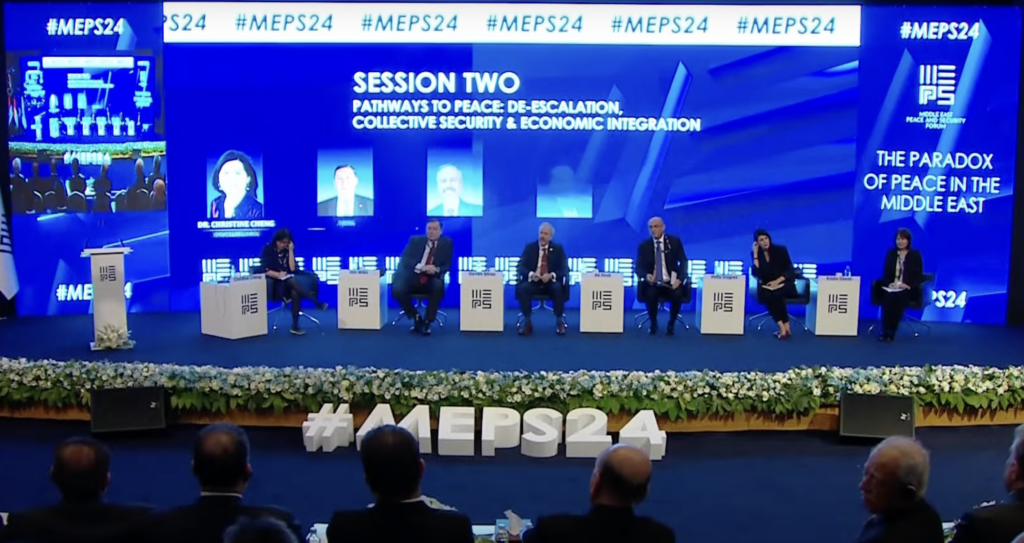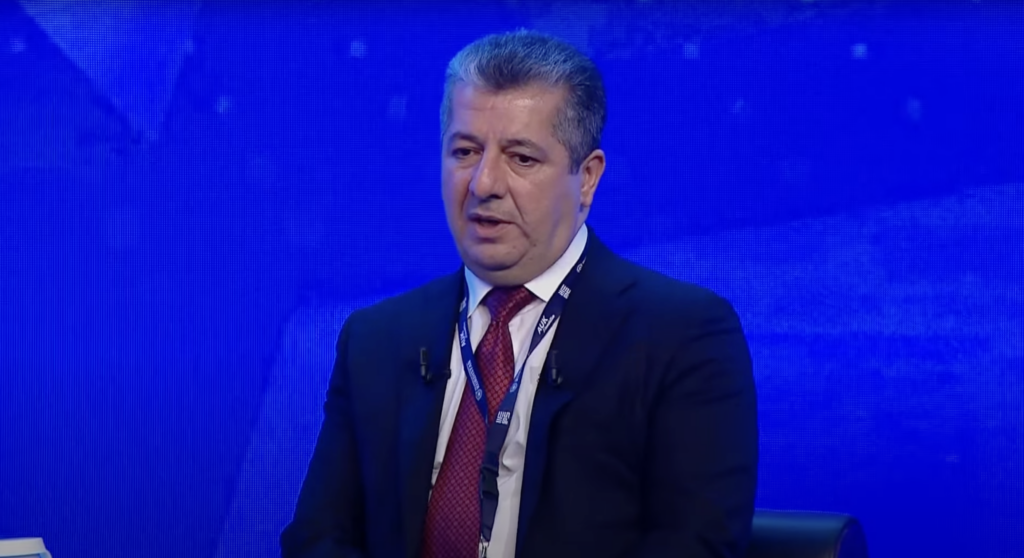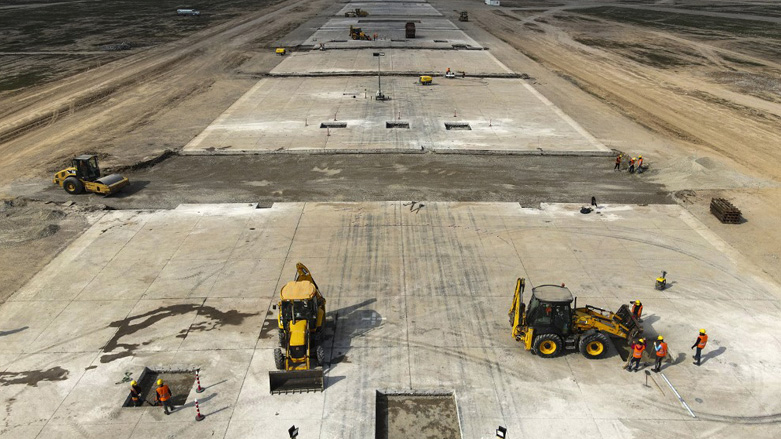Iraq's October Protest Movement and the provincial elections

Rising controversy has been surrounding the Iraqi provincial elections, the date of which was approved by Parliament on 6 November. Behind the scenes amongst the youth, especially those who participated in the October 2019 protests, for whom the protest movement became a moral and political reference, there has been talk about the feasibility of participating in these elections or if warrant a boycott.
The division was clear among the youth on the eve of the parliamentary elections in October 2021. Many of them boycotted it, while political currents emanating from the October Protest Movement or the Tishreen Movement participated, and won nearly 20 seats. In general, those who believed in political participation among the "Tishreenites" did not obtain a significant parliamentary bloc, remained on the sidelines and their activity under the dome of decision-making did not have a substantial impact on the paths set by the large partisan blocs controlling the scene.
This clear result presents a convincing argument for those who see the continuation of the boycott as a morally correct choice and that participation will give the large parties greater legitimacy, in contrast with the results of the recent electoral scene, where no one argues that they have the least voter participation. Therefore, the parliament and the government emanating from this weak parliament are less legitimate, and they do not represent the opinion of the majority of those entitled to vote, as this majority chose the path of silent protest and boycott instead.
READ: Iraq Parliament approves unpopular election law amendments
The new youth parties, as well as the independents close to their approach and school of thought, do not have the financial capabilities nor the media and propaganda machine that the more established parties possess, in addition to the fact that the latter is linked to state institutions and use their resources to publicise their political entities. They also use the employment card to buy electoral loyalty and many other legal and illegal means to rehabilitate in preparation for the upcoming electoral contests. These are all resources that civil and political youth lack, in addition to the fact that the dominant parties managed the production of the new electoral system. Consequently, they will manage the scene in their favour, and others who wish to participate in the elections must submit to this pre-engineered system.
As a result, the Tishreenites will increase the regime's legitimacy and not get a large share of the seats in the upcoming provincial councils. They would therefore be forced to submit to the paths determined by the dominant parties, and they may get involved with them and drown in the quagmire of deals, corruption and law bypassing to achieve personal interests. However, ironically, the boycott will not produce better results, and although there is credibility in the features of the previous negative picture, the boycott will not offer a political or protest alternative other than to rely on the current political system sinking into failure more and more.
The most important demand of the Tishreenites today is not to make Tishreen an idol and to give everyone affiliated with it the right to strive without treachery or accusation exchanging. Protest work differs from organised political work, and not every protestor is qualified. The protestors who want this require training and experience and to engage with opponents, not in the demonstration squares, but rather behind the scenes of political action, including seats in the upcoming provincial councils, at least this time.
READ: Iraq's Al-Sadr announces support for 25 October protests
Whoever chooses to participate in the elections will not be mistaken in their calculations, nor will those who want to continue to boycott. Such diversity and differences are legitimate and acceptable. If the Tishreenites accept this, it is evidence that they accept the idea of democracy in the first place. This is something the ruling parties failed to accept or truly represent for 20 years, bringing disasters upon the Iraqis.
It was clear to the observers that the international community, with its major powers, preferred to support the current political system, despite its flaws, rather than support the just demands of the protesters, and they moved forward with the least legitimate government. It was not elected, nor were the representatives who chose this government elected by more than half of those entitled to vote. It was clear that this international community would only support the peaceful transfer of power through the ballot box, even with its certain knowledge that the dominant parties used every means possible to impose their influence, including liquidation, displacement, absenteeism and terrorism of all kinds.
I am not enthusiastic about how much benefit the Tishreenites could reap if they participated in the provincial elections, but I appreciate the right of those who strive and see the interest in participating. I call for accepting and respecting this option in light of the internal changes and our experience with the international community during the October protests and after.
READ: Changes to election law spark divisions in Iraq
This article first appeared in Arabic in Al-Araby Al-Jadeed on 30 May, 2023.
The views expressed in this article belong to the author and do not necessarily reflect the editorial policy of Middle East Monitor.



